Building Climate-resilient African Cities - Experts Outline What is Needed
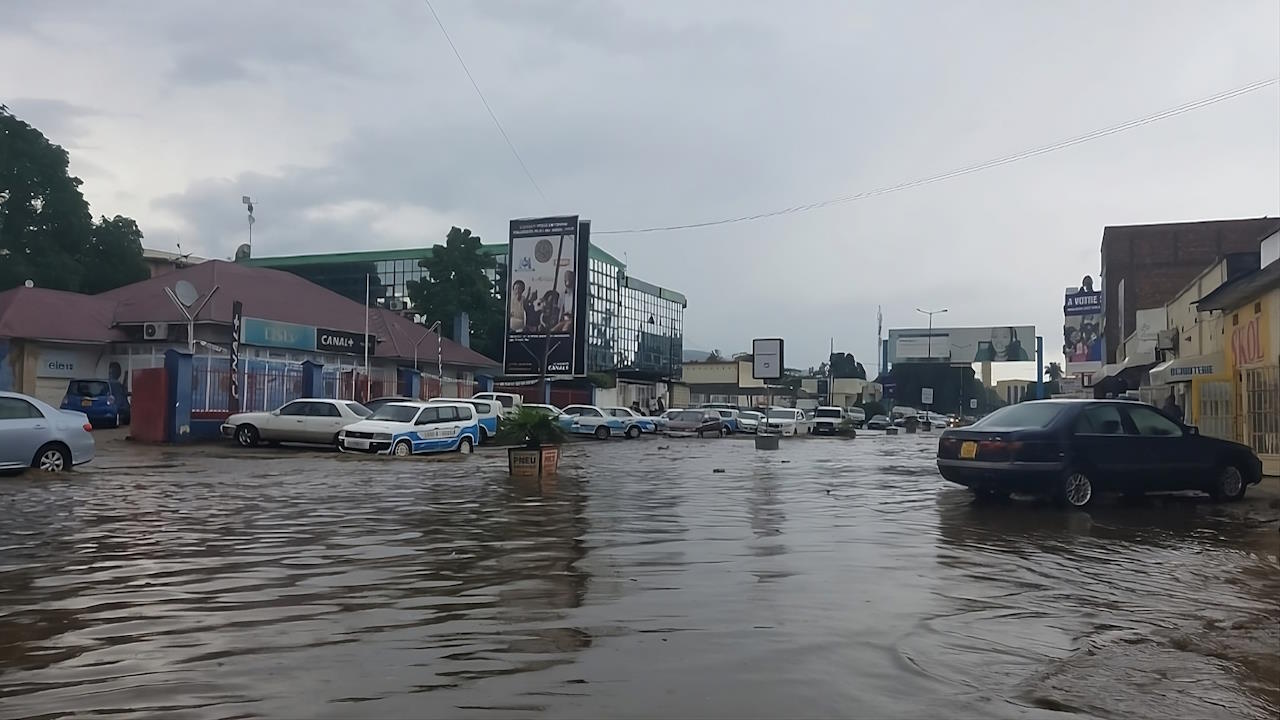
Send us a link

More than 10,000 visual works for academic papers across assorted fields over the past four years have made their way to the world's top academic journals.

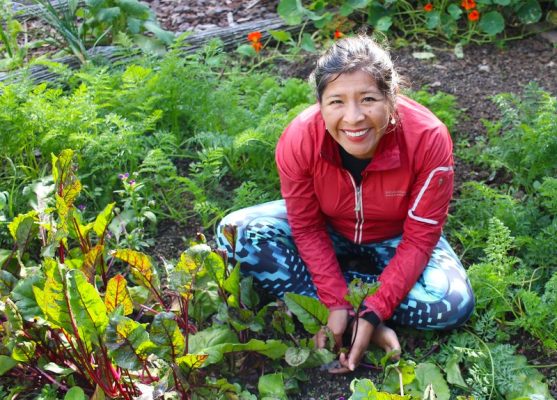

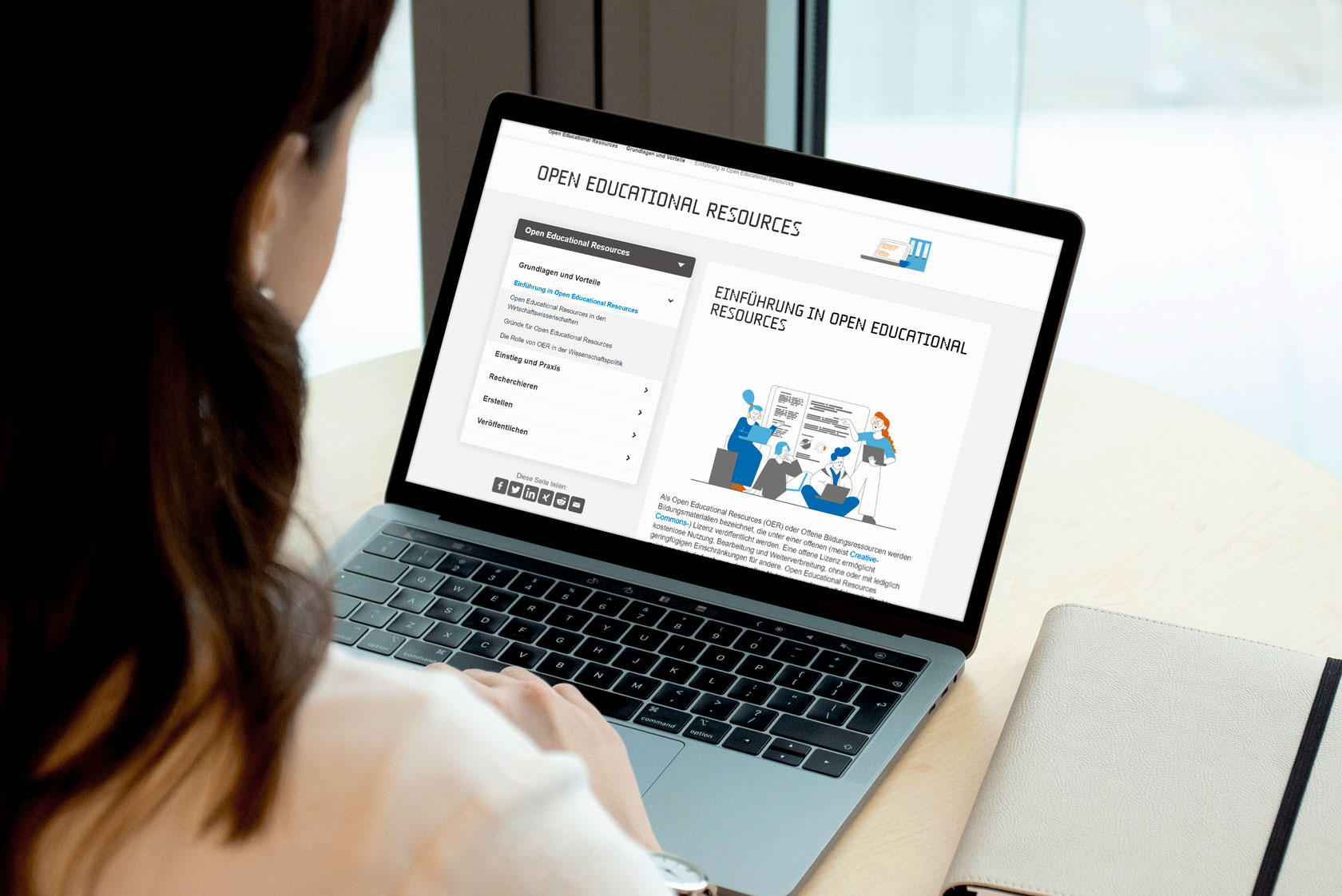
Four coordinated laboratories discovered and replicated 16 novel findings with ostensibly gold standard best practices.
Opinion: Upholding human rights can ensure that environmental policy is driven by facts and evidence, not denialism, greed and profit.

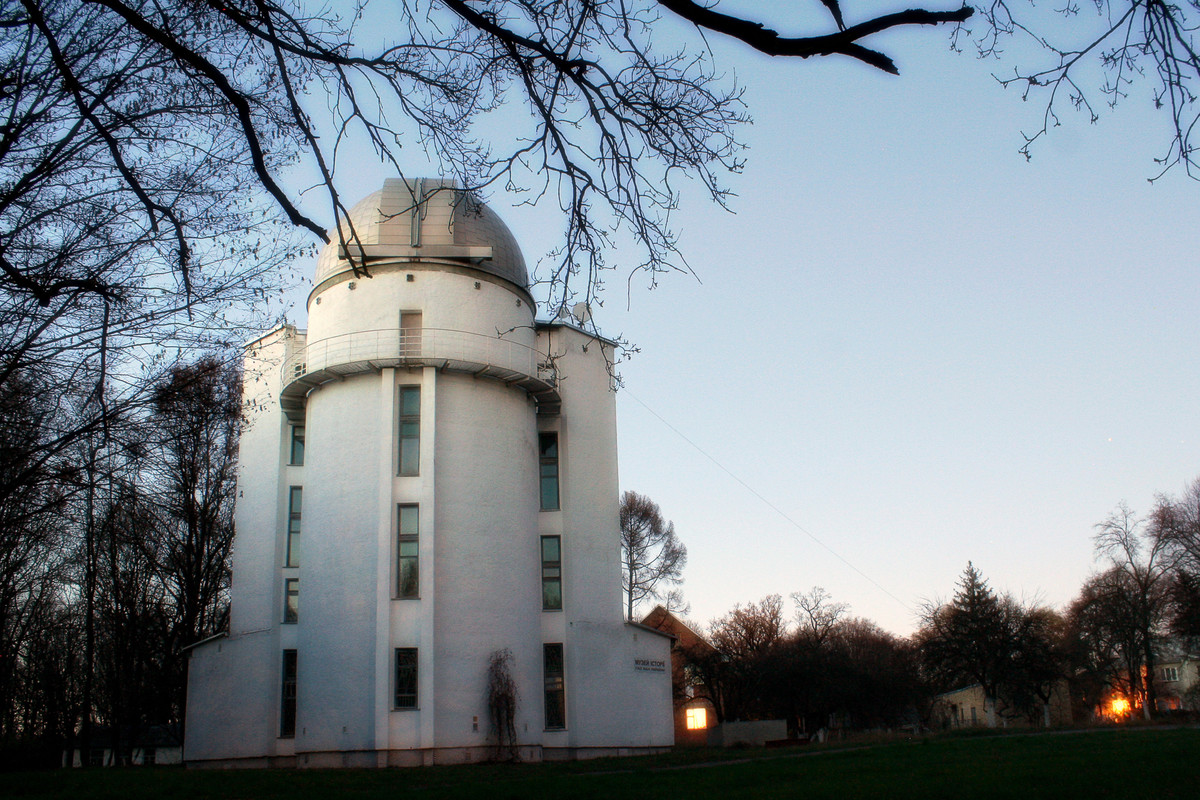
If scientists want people to take science seriously, comedy may be the key.


Vaughan Turekian, the director of the Policy and Global Affairs Division of the National Academies of Sciences, Engineering, and Medicine in the US, discusses efforts to support Ukrainian scientists and why such efforts are important for the future of Ukraine.

I wasn’t surprised to learn I hadn’t been selected for a prestigious postdoc fellowship. I had applied mostly hoping for feedback that would improve my application the following year. But comments from two reviewers made me rethink my plan to apply again—and even whether to continue in academia.

China's president unveils a vision for the infrastructure strategy that could help other countries overcome Western restrictions. The Action plan includes harnessing markets and talent of participating countries to power scientific and technological advancement.

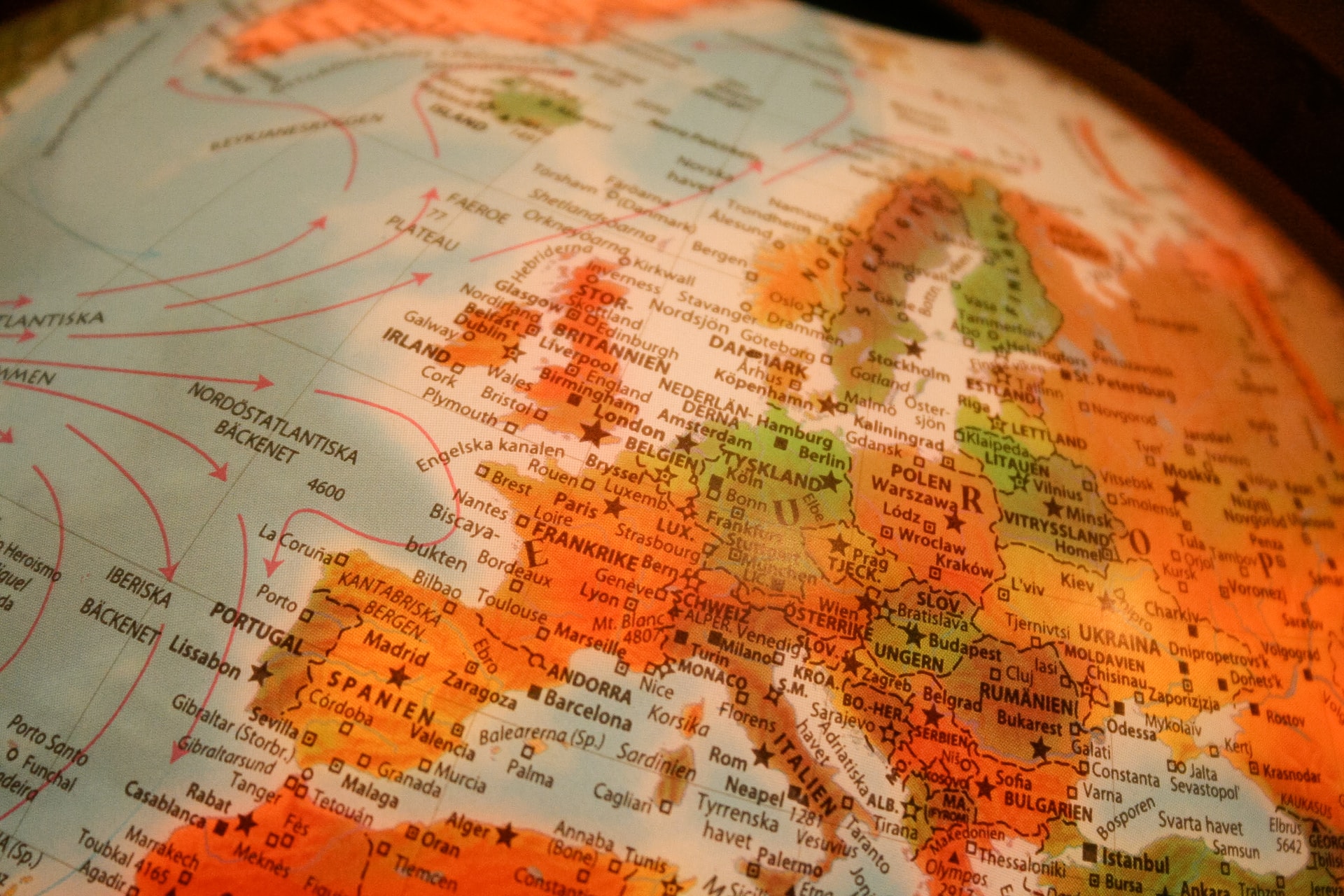
Align commitments with the assumptions and criteria of the science based 1.5°C scenarios
Governments need to understand science. This is obvious when thinking about defense and security, health, or the challenges of climate change and biodiversity loss, but it is true for all areas of government activity.
The toolkit walks through six steps to achieve more effective and inclusive climate policymaking, based on learnings from citizen engagement and science research pilots worldwide.
The 2023 Global Sustainable Development report sets the stage for transformative action in achieving the Sustainable Development Goals by 2030. Can world leaders translate these insights into concrete actions?
It is vital that scientists engage in discussions about open access because publishing is rapidly changing, and at the moment, there are no certain outcomes in the long run.
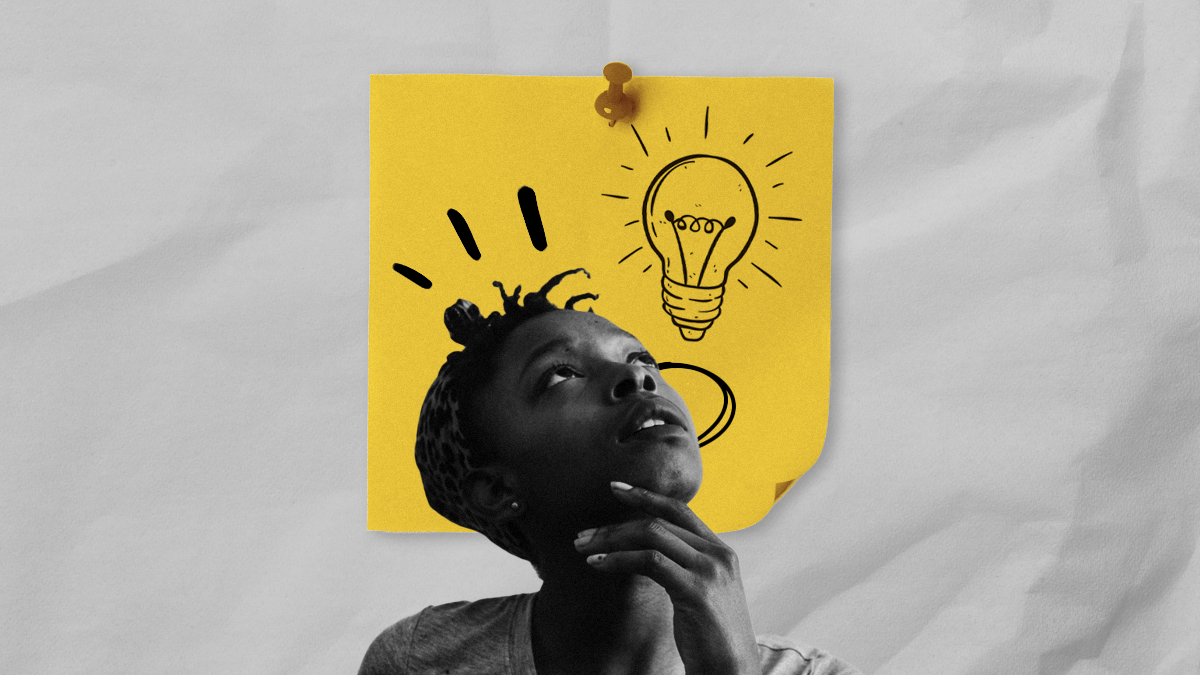
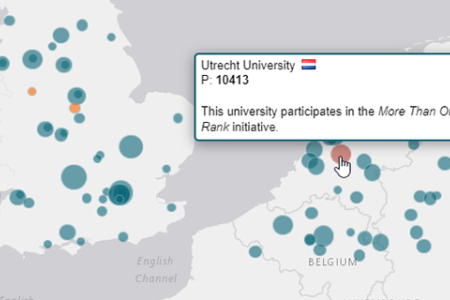
A decade ago, University of Virginia psychology professor Brian Nosek cofounded an unusual nonprofit, the Center for Open Science. It’s been a cheerleader, enabler, and nagger to convince scientists that making their methods, data, and papers available to others makes for better science.

Forward-looking, democratically oriented governance is needed to ensure that human genome editing serves rather than undercuts public values.
